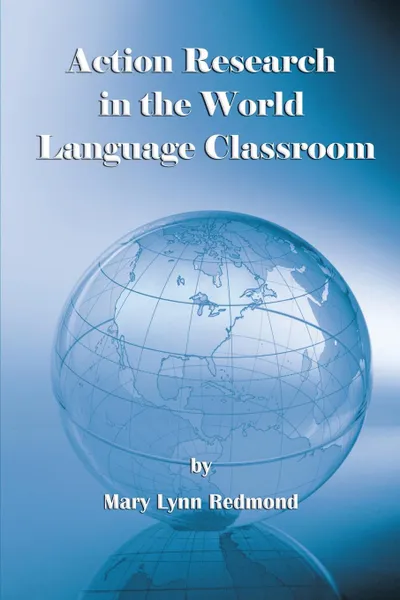Action Research in the World Language Classroom 12+
Автор: Mary Lynn Redmond
160 страниц
Категория: Учебная литература
ISBN: 9781623962012
Язык: Английский
📓 The current thrust in the field of education is to improve teachers' understanding of how researchon best practices can improve student learning. The field of world language education introduces adouble, perhaps a triple, bind: teachers must be able to design and deliver instruction that alignswith national expectations for developing students' language and intercultural abilities for successin the global workplace, yet in schools across America, all K-12 students do not have theopportunity to study languages, even though research supports their astonishing facility foracquisition. Schools and teachers without resources, including time to investigate and implementevidence-based best practices, are ultimately held accountable for student performance. If worldlanguage teachers are to advocate for languages, they must use their expertise and share evidenceof their students' progress.The American Council on the Teaching of Foreign Languages (ACTFL) recently begandevelopment of a national research priorities agenda for grades preK-16. Action research, which isclassroom-centered and inquiry-based, can contribute to our profession's efforts, as it helps us to increase awareness of the critical needfor language study in grades preK-16. World language teachers can become teacher-researchers in their own classrooms, gatheringdeeply meaningful insights into their students' progress that they can share with others. Teacher-researchers investigate innovativeapproaches ...
Мнения
